Depending on your vantage point, the Drake – Kendrick Lamar beef is either the gift that keeps on giving, or the story that simply refuses to die. In our initial coverage of the spat, we correctly speculated that the end of diss records between the two wouldn’t be the last we heard of the conflict. However, we incorrectly pinned when we would. Rather than heating back up on either one’s following solo albums, a Drake lawsuit sparked controversy without any musical backing—again the case as the OVO rapper filed a new federal petition.
To give a true chronological view, reports that Drake had retracted his previous filings initially presented as the final death knell, a shift from the Toronto MC to move forward from this inglorious moment in his otherwise illustrious career. In truth, it was to make way for his current legal action, a federal suit once again aimed at Universal Music Group, whom Drake alleges promoted a “false and malicious narrative” by distributing and then promoting Kendrick Lamar’s #1 record, “Not Like Us.”
Even if the new suit supersedes the petitions before, many of the claims of bot usage and under-the-table payments remain. If anything sets this apart, it gives a more personal view of the events in Drake’s life leading up to this chapter.
Fresh Lawsuit Filings Highlights Violence Against Drake
The document opens with a description of multiple crimes committed near Graham’s Toronto residence, including shots fired into the home that wounded his security guard, and a break-and-enter attempt that was thwarted by additional security. Clearly, the suit draws a throughline from the success of “Not Like Us” to these incidents, the lawsuit citing that in his time as a public figure, nothing Drake experienced that caused fears for the “safety of his family” to ever come into question.
Deeper in the lawsuit, Drake alleges that during the first days after “Not Like Us’” release, he brought his concerns about the libelous information in the song to UMG heads and CEO Lucian Grange, informing them that the claims of pedophilia found within were totally untrue.
Additionally, Frozen Moments LLC, a Drake venture and the official plaintiff in this case, clarifies that the “lawsuit is not about the artist who created Not Like Us. It is instead entirely about UMG, the music company that decided to publish, promote, exploit, and monetize allegations that it understood were not only false but dangerous.”
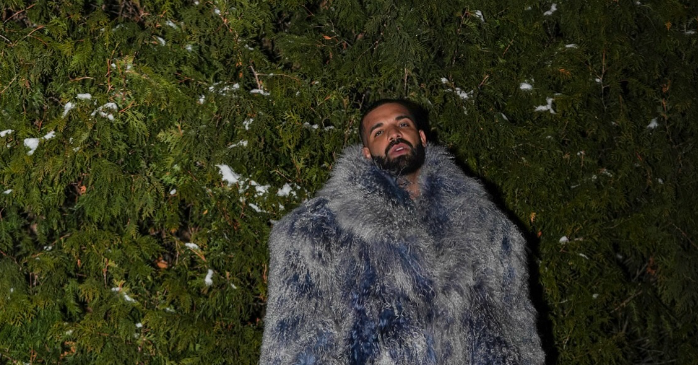
UMG’s Promotional Effort Comes Under Fire
What remains unclear is exactly how Drake would have recommended UMG to operate, short of removing the song from their platforms entirely. The everlasting irony in this particular legal saga is that Drake and Lamar both benefit from Universal Music Group—Graham refers to a tweet from the label promoting “Not Like Us,” but “Push Ups” received the same. Whitelisting, allowing a song’s use on social media, is something the Frozen Moments team presents as an “unprecedented” move. Yet tracks like Lil Nas X’s “Old Town Road” received the same treatment in previous years.
To be sure, the allegations of a sort of new-age payola, clandestine payment for influencers to tote the song, remain attention-grabbing, something that if proven true would be a watershed moment. However, all of the public information presented by Drake in this new lawsuit seems to show Universal acting as they’d be expected to—promoting one of the biggest hits to come out of their walls in 2024.
Universal Responds To Allegations Of Wrongdoing
Through a spokesperson, Universal themselves have responded: “Not only are these claims untrue, but the notion that we would seek to harm the reputation of any artist — let alone Drake — is illogical. We have invested massively in his music and our employees around the world have worked tirelessly for many years to help him achieve historic commercial and personal financial success. Throughout his career, Drake has intentionally and successfully used UMG to distribute his music and poetry to engage in conventionally outrageous back-and-forth ‘rap battles’ to express his feelings about other artists.
He now seeks to weaponize the legal process to silence an artist’s creative expression and to seek damages from UMG for distributing that artist’s music. We have not and do not engage in defamation — against any individual. At the same time, we will vigorously defend this litigation to protect our people and our reputation, as well as any artist who might directly or indirectly become a frivolous litigation target for having done nothing more than write a song.”
All this said, it seems like this saga is no closer to an end than it was last spring, placing hip-hop fans in waiting for further development in this case. You can read the full lawsuit filing here.


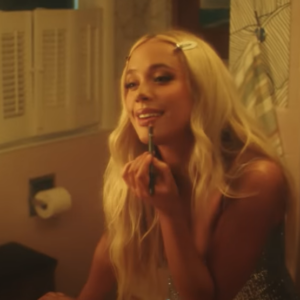




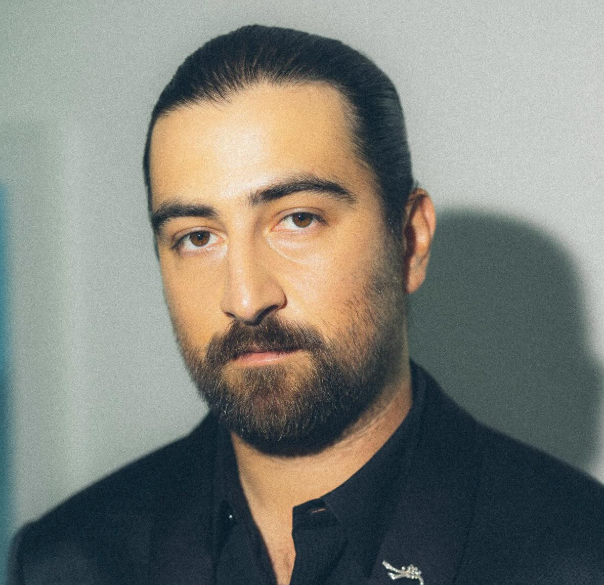
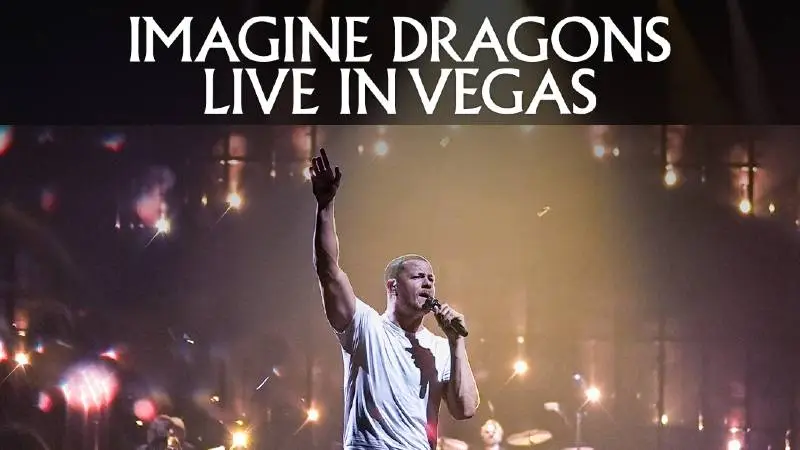
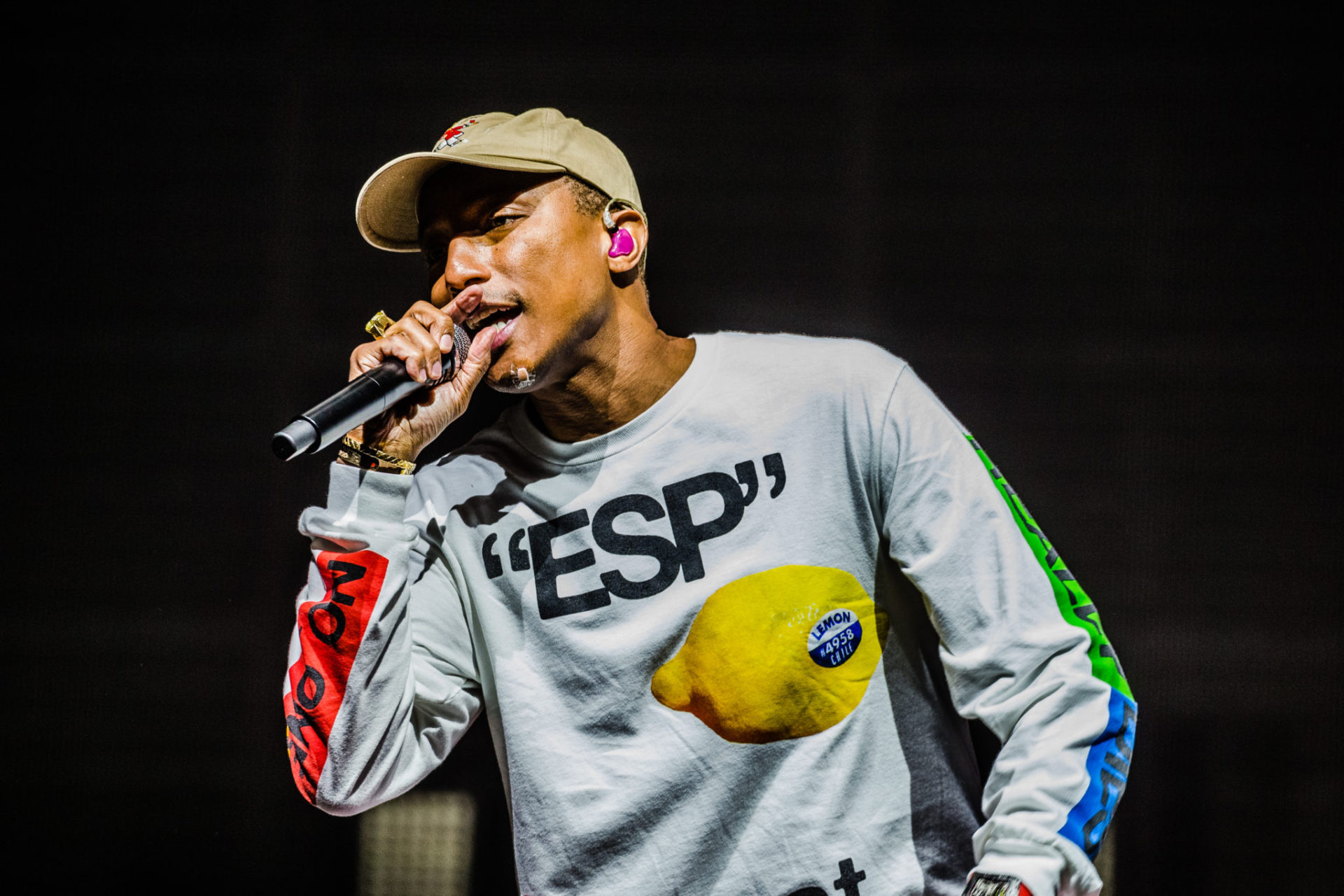
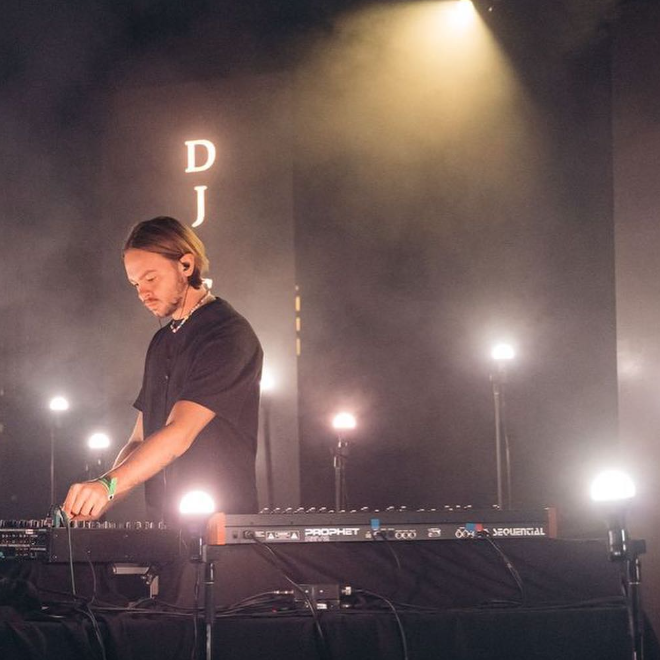
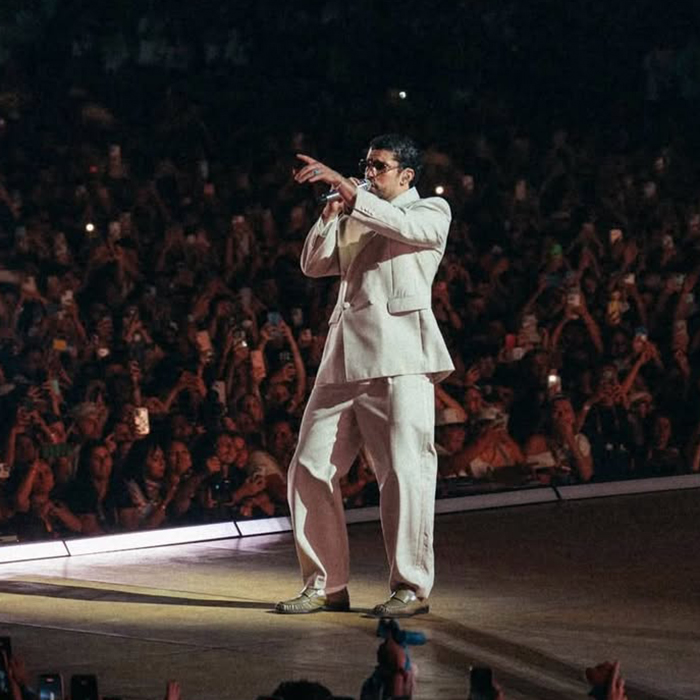





If drake song would oc Ben a big hit he would of said 2. Words drake got dis for thinking his shit don’t stink . To say this kindric Lamar song is a slammer drake u had ur time know it’s time 4 for somebody else to shine.so drake sit ur cry baby ass down u got dis really bad so stop playing with that man cause if he came like that u might not won’t to here wwhatts n stored
Drake is proving that he knows nothing solid about the rap game. Should’ve stay in his place with pop music 💯✊🏾